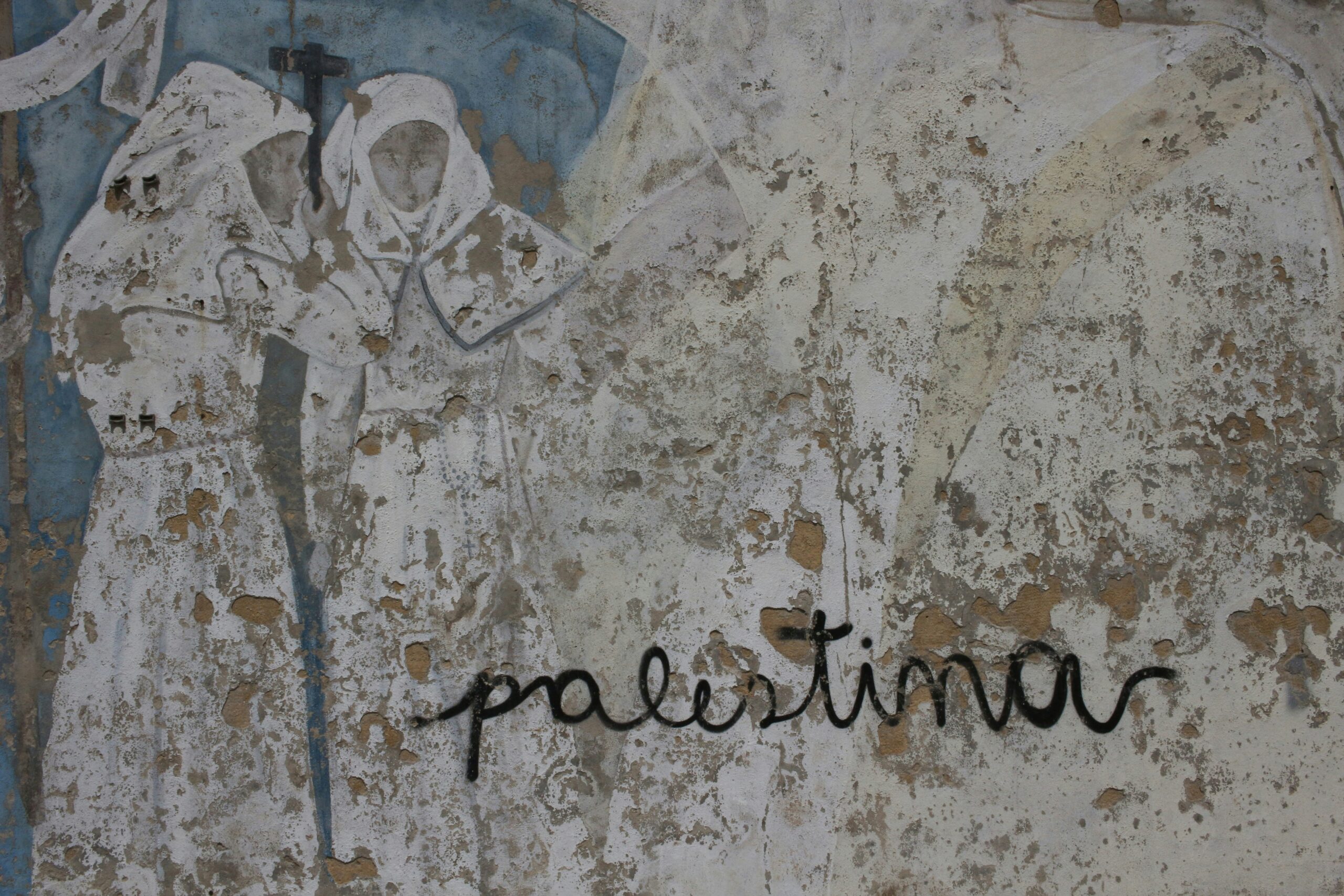
In a recent statement, Scottish historian William Dalrymple emphasized the age-old existence of the term ‘Palestine’, asserting its presence in historical records that date back thousands of years. This declaration brings to light the profound historical roots of the name, underscoring its significance in both historical and contemporary contexts.
Key Facts
- The term ‘Palestine’ has been used in historical texts for thousands of years.
- Scottish historian William Dalrymple recently highlighted the ancient origins of the term.
- The statement was part of a presentation featured on Al Jazeera’s digital platform.
Historical Background
The use of the name ‘Palestine’ can be traced back to ancient civilizations. It first appears in written records from Egypt, which mention a people called the Peleset in texts dating back to approximately 1150 BCE. Over the centuries, the term has been used by various empires and in numerous historical documents to describe the region now commonly known as Palestine.
This geographical term has been pivotal in shaping the identity and narrative surrounding the area, playing a crucial role in both ancient and modern history. It has been referenced by Greek historians like Herodotus, and later by Roman writers who used the name Palaestina after the Roman emperor Hadrian decreed it in the second century CE.
Why It Matters
Dalrymple’s emphasis on the historical longevity of ‘Palestine’ is more than a mere academic point; it serves as a reminder of the deep historical roots of places and how these names and identities are integral to understanding the cultural and political landscapes of regions. In the case of Palestine, recognizing its long historical presence helps inform current discussions and debates about nationhood, territorial rights, and historical legitimacy.
Conclusion
The acknowledgment by a historian of William Dalrymple’s stature not only enriches our understanding of Middle Eastern history but also invites us to reflect on how history is recorded and remembered. The term ‘Palestine’ stands as a testament to the region’s rich and complex past, echoing through time to inform present and future generations.